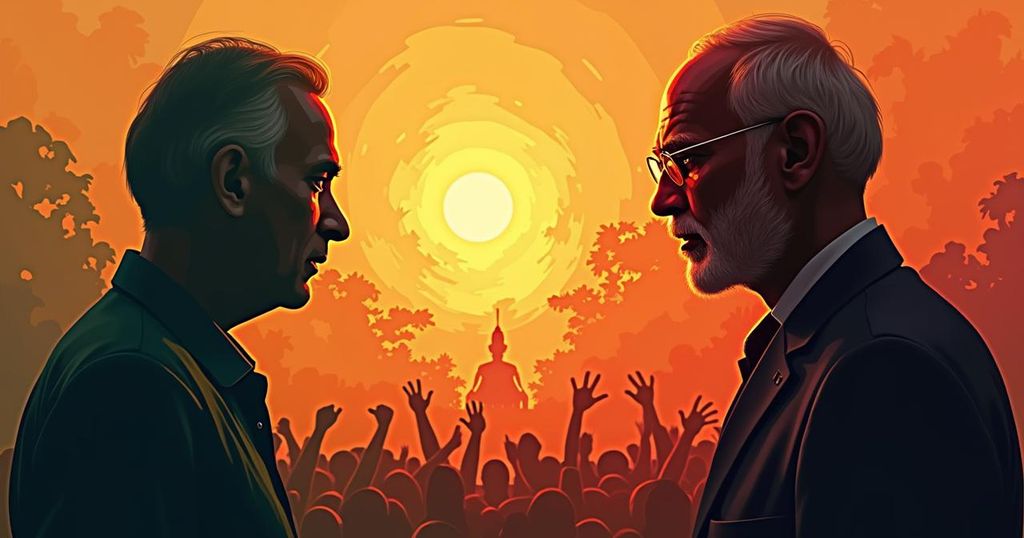Bangladesh’s interim government has recalled its high commissioner to India, Mostafizur Rahman, amid rising diplomatic tensions following political upheaval in Bangladesh. This decision follows recent discussions aimed at reinforcing bilateral ties. Additionally, key diplomats from several countries have been recalled, indicating a substantial reorganization of Bangladesh’s diplomatic corps after the ouster of Prime Minister Sheikh Hasina and the appointment of caretaker leader Muhammad Yunus. The evolving political landscape questions the future of Bangladesh-India relations, previously characterized by strong ties under Hasina’s administration.
The government of Bangladesh has made the noteworthy decision to recall Mostafizur Rahman, its high commissioner to India, amid escalating tensions in bilateral relations. This action comes on the heels of discussions between India’s High Commissioner Pranay Verma and Md. Touhid Hossain, the Foreign Affairs Adviser to the Bangladeshi government, aimed at enhancing diplomatic ties. The recall reflects the deepening complexities of diplomatic engagements between Dhaka and New Delhi, particularly following significant political upheavals in Bangladesh earlier this year. Furthermore, this diplomatic reshuffle extends beyond India, with key diplomats from various countries including Australia, Belgium, Portugal, the United Kingdom, and the United Nations also being called back. This indicates a broader reevaluation of Bangladesh’s diplomatic strategy.
The recent political turbulence in Bangladesh, highlighted by the ousting of long-serving Prime Minister Sheikh Hasina, has notably transformed the landscape of both domestic governance and international relations. Prime Minister Hasina’s removal was succeeded by a shift in leadership to Nobel laureate Muhammad Yunus, who has undertaken the role of caretaker leader. Historically, Hasina’s administration cultivated robust ties with India, focusing on trade, defense, and regional stability. However, her abrupt departure and subsequent flight to India have led to perceptions of Indian interference in Bangladesh’s internal matters, thereby fostering anti-India sentiments among certain segments of the population. The current caretaker government, under Mr. Yunus, appears poised to reconsider Bangladesh’s foreign policy direction, significantly impacting its relationship with India and other nations.
In conclusion, the recall of Bangladesh’s high commissioner to India, Mostafizur Rahman, represents a crucial turning point in the diplomatic relations between the two countries. This shift follows significant political changes in Bangladesh and indicates a broader strategy on the part of the new interim leadership to reassess and possibly redefine its foreign policy priorities. The future trajectory of Bangladesh-India relations remains uncertain as the new government navigates these complexities while attempting to balance historical ties with evolving political realities.
Original Source: www.financialexpress.com







